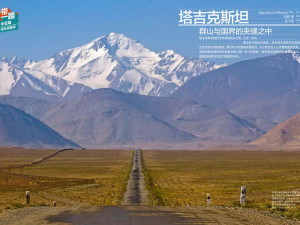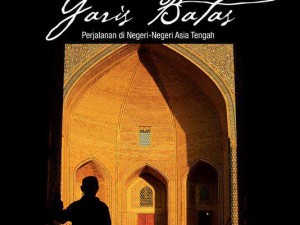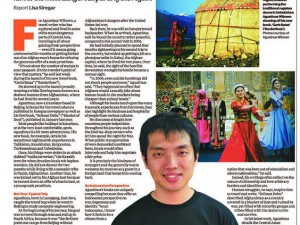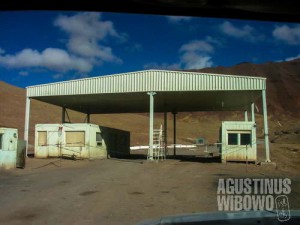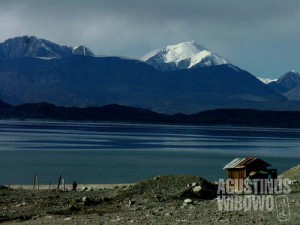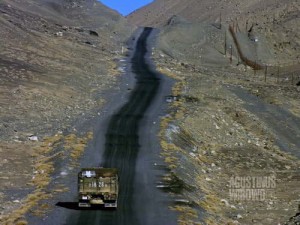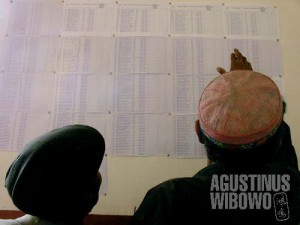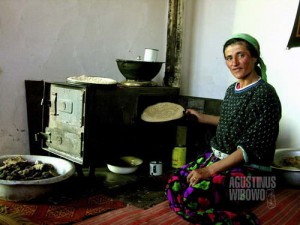【中国国家地理】塔吉克斯坦:群山与国界的夹缝之中
My article in Chinese National Geography, edition October 2015. This is a special edition focusing on China’s grand project: One Belt One Road, a.k.a. the “New Silk Road”, with some focus articles from the Silk Road countries, especially in Central Asia. In this edition, I have contributed two articles: Tajikistan and Afghanistan’s Wakhan Corridor. 塔 吉克斯坦被称作中亚的高山之国,它近一半的国土位于帕米尔高原。其实塔吉克族并非是自古生活在山地的民族,面对如今的国家版图状况,不少塔吉克人心中有难 言的苦衷。来自印度尼西亚的作者奥古斯汀是一名“中亚通”,他对塔吉克斯坦的考察和采访,能够加深我们对这个国家的认识。 撰文Agustinus Wibowo[印尼] 摄影刘辉 等 翻译王飞宇 令塔吉克人自豪的两座古城,如今却位于乌兹别克斯坦的境内 [read more]

